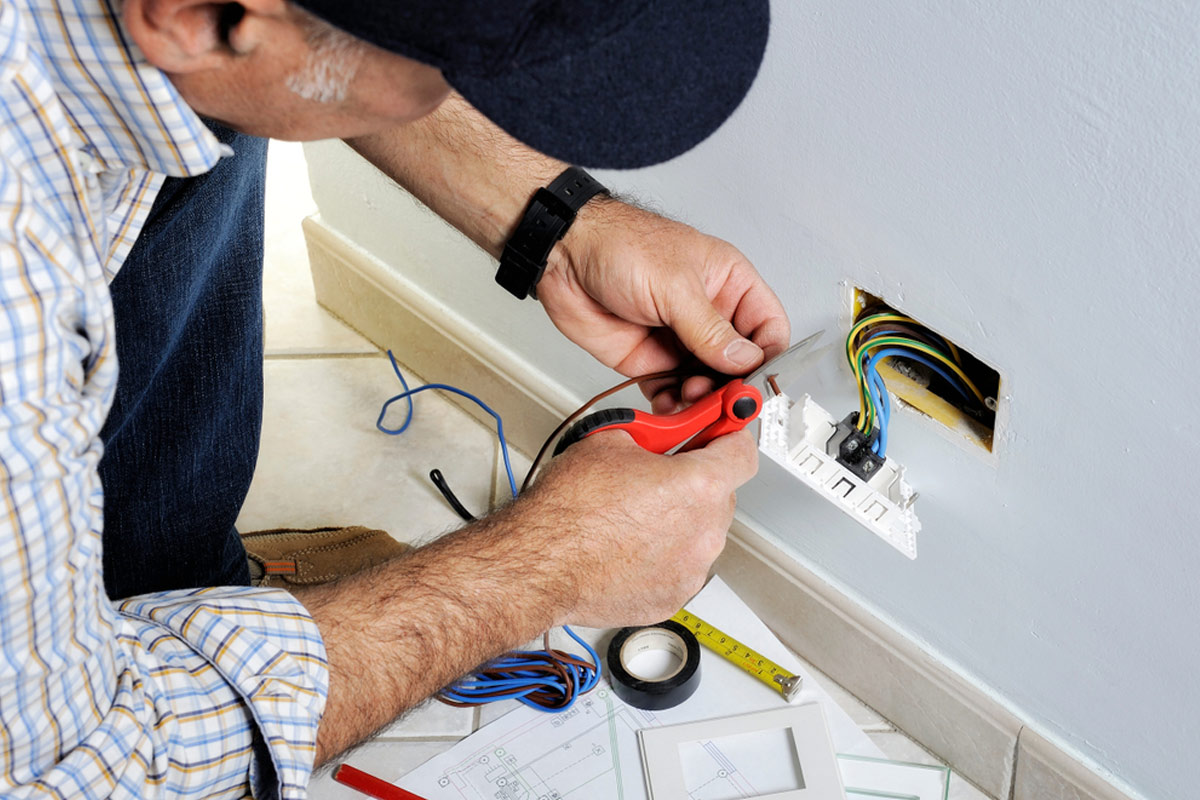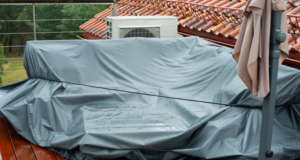

When it comes to electrical works, professional Local electrician Inner West is always the best option to ensure the safety of your home or office. However, there are still some things that you can do on your own provided that you take the necessary precautions.
Here are eight FAQs about electrical works that will help shed some light on the subject:
1. What is the Difference Between an Electrician and an Electrical Contractor?
An electrician is someone who installs, repairs, and maintains electrical systems. An electrical contractor, on the other hand, is a business entity that provides electrical services.
An electrical contractor company can employ electricians, but not all electricians work for electrical contractor companies.
2. What are the Different Types of Electrical Services?
The three main types of electrical services are residential, commercial, and industrial.
Residential electrical services refer to works done in homes, while commercial electrical services involve works in businesses and other non-residential buildings. Industrial electrical services, meanwhile, encompass works in factories and other heavy industry facilities.
3. What are Some Common Electrical Problems?
Some common electrical problems include:
Faulty Wiring – this occurs when electrical wires are not installed properly or when they are damaged. This can cause fires, shocks, and other hazards.

Circuit Breaker Tripping – This happens when a circuit breaker trips frequently, which can be caused by overloading of circuits or by faulty wiring.
Power Outages – This occurs when there is a loss of power, which can be caused by bad weather, downed power lines, or tripped circuit breakers.
4. How can I Prevent Electrical Problems?
The best way to prevent electrical problems is to have them regularly inspected and maintained by a licensed electrician. Additionally, you should also:
- Avoid overloading outlets and extension cords
- Replace any damaged or frayed wires immediately
- Do not use appliances with damaged cords
- Keep flammable materials away from electrical outlets and appliances
5. What are the Different Types of Electrical Safety Devices?
There are two main types of electrical safety devices: circuit breakers and fuses.
Circuit breakers are devices that automatically shut off power to a circuit when it detects an overload. This prevents fires and other hazards. Fuses, on the other hand, are devices that contain a metal wire that melts when too much current flows through it. This interrupts the flow of electricity, preventing damage to appliances and other equipment.
6. How Often Should I Test My Electrical Safety Devices?
You should test your circuit breaker monthly and your fuse annually. Additionally, you should also have a licensed electrician inspect your electrical system at least once a year.
7. What are the Different Types of Electrical Equipment?
There are three main types of electrical equipment: appliances, tools, and lighting fixtures.
Appliances are devices that use electricity to perform a specific function, such as refrigerators, microwaves, and air conditioners. Tools are devices that are used to work on or repair electrical systems, such as screwdrivers and wire cutters. Lighting fixtures are devices that provide light, such as lamps and light bulbs.
8. Can I Install Electrical Equipment Myself?

It is not recommended that you install electrical equipment yourself unless you are a licensed electrician. This is because electrical work can be very dangerous if not done properly.
If you are not a licensed emergency electrician Inner West, you should hire one to install any electrical equipment for you.


